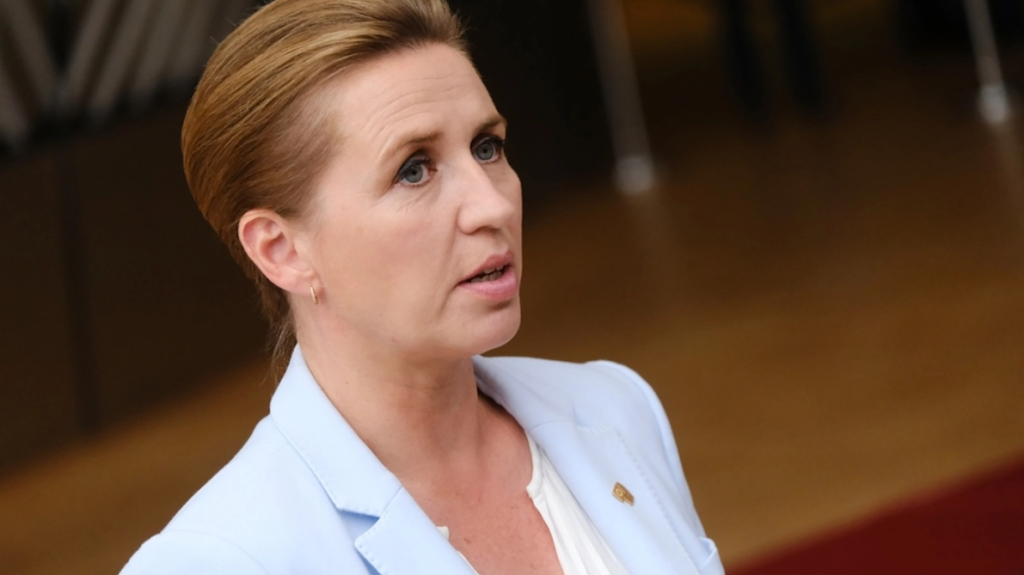Mette Frederiksen says U.S. pressure on Denmark and Greenland is “unacceptable” as American delegation prepares visit
Others are reading now
In geopolitics, some territorial ambitions refuse to fade quietly. For Denmark, that reality now revolves around Greenland—a strategic Arctic territory that continues to capture the attention of U.S. President Donald Trump.
As tensions rise ahead of a planned visit from Vice President JD Vance, Danish Prime Minister Mette Frederiksen has issued a firm reminder: Greenland is not for sale.
A Persistent Agenda from Washington
Trump reignited his campaign for influence over Greenland by stating that the U.S. will “have to” take possession of the territory, just days before Vance is scheduled to visit the Pituffik Air Base in northwestern Greenland.
The comments echo Trump’s first-term ambitions, which sparked international headlines in 2019 when he proposed purchasing the island.
Also read
“We must not be under any illusions. President Trump’s interest in Greenland is not going away,” Frederiksen wrote in a Facebook post, according to Digi24. She acknowledged that the political situation remains difficult and fluid, hinting at the likelihood of long-term diplomatic friction.
While the U.S. has stressed Greenland’s military and strategic value, Frederiksen reiterated that the territory is not for sale and does not wish to become part of the United States.
“They know very well that Greenland is not for sale. They know very well that Greenland doesn’t want to be part of the U.S. This has been made clear, both publicly and directly,” she stated.
Cooling a Heated Visit
The upcoming visit by Vice President Vance and other top U.S. officials was initially intended to include multiple stops across Greenland.
However, after pointed objections from Greenland’s interim government—who cited the island’s post-election transition and declined official meetings—the American delegation has reportedly scaled back its plans, limiting the visit to the Pituffik base.
Frederiksen condemned what she called “unacceptable pressure” from Washington and promised that both Denmark and Greenland would stand firm.
The growing scrutiny from U.S. officials comes amid heightened strategic interest in the Arctic, as Greenland’s geographic location and rare earth resources continue to attract global attention.
In the wake of Greenland’s March 11 elections, local political parties are still negotiating a new governing coalition. As these talks unfold, leaders in both Nuuk and Copenhagen remain wary of U.S. intentions—and determined to resist external pressure, no matter how persistent.








